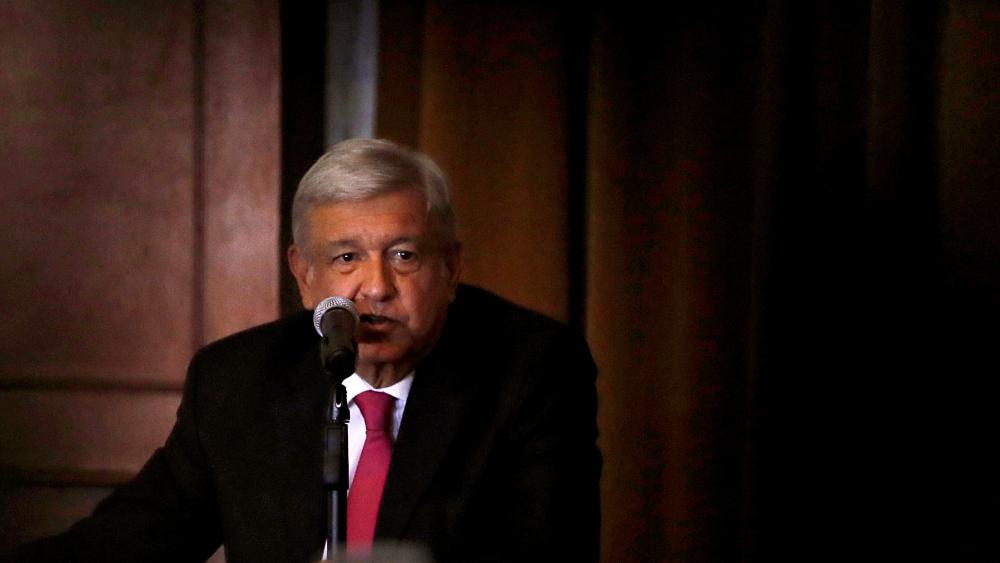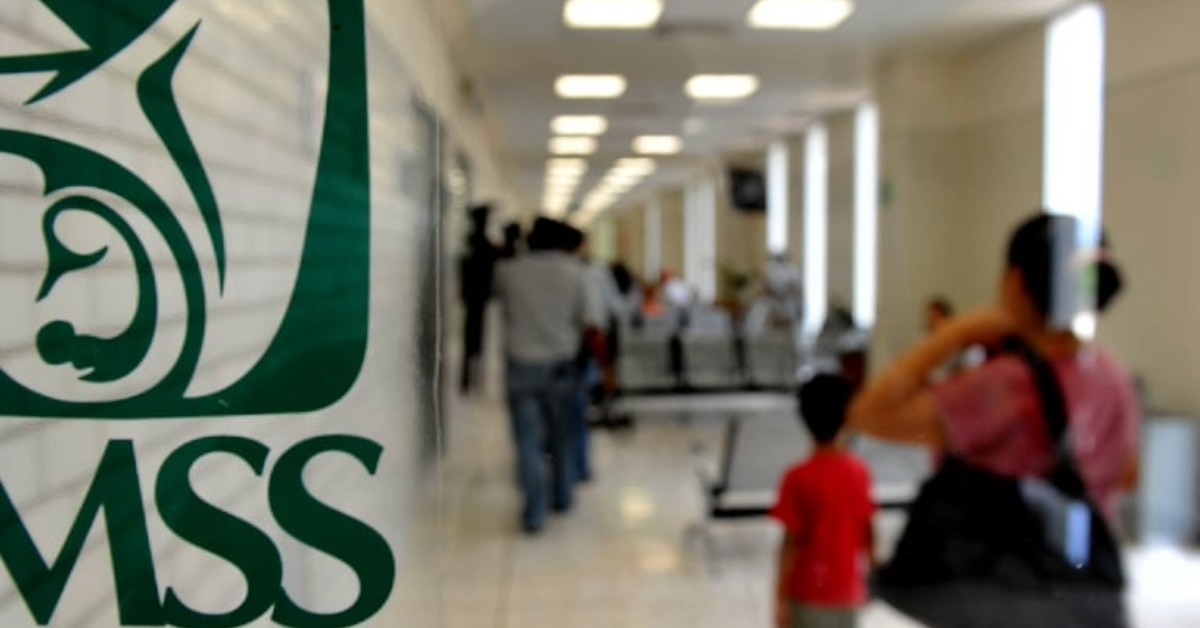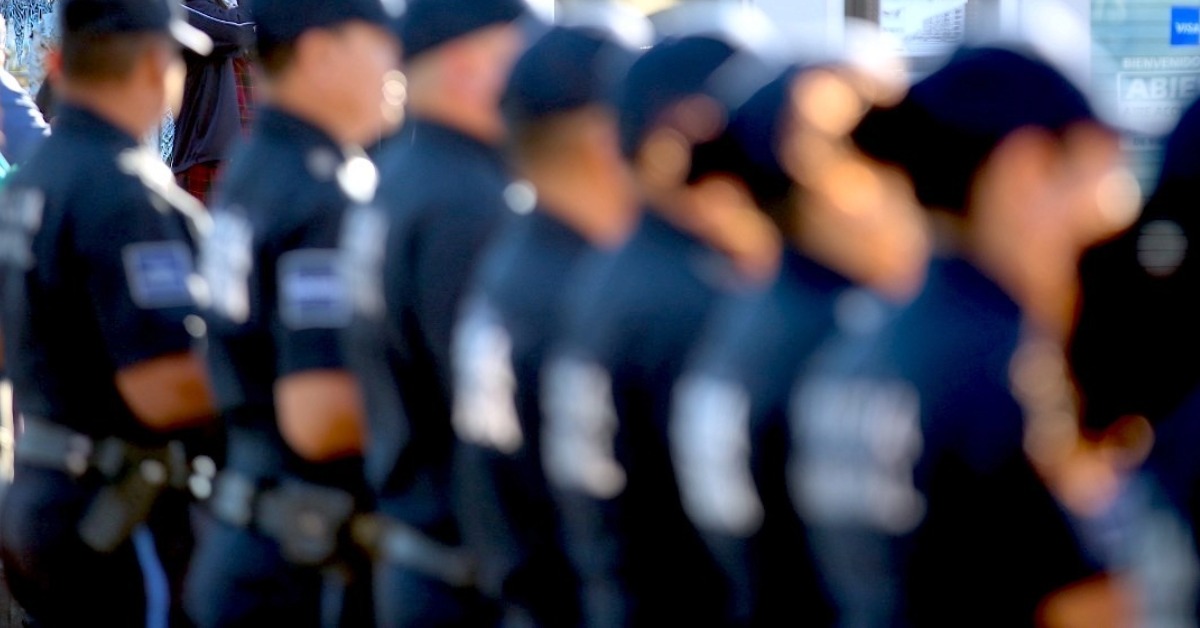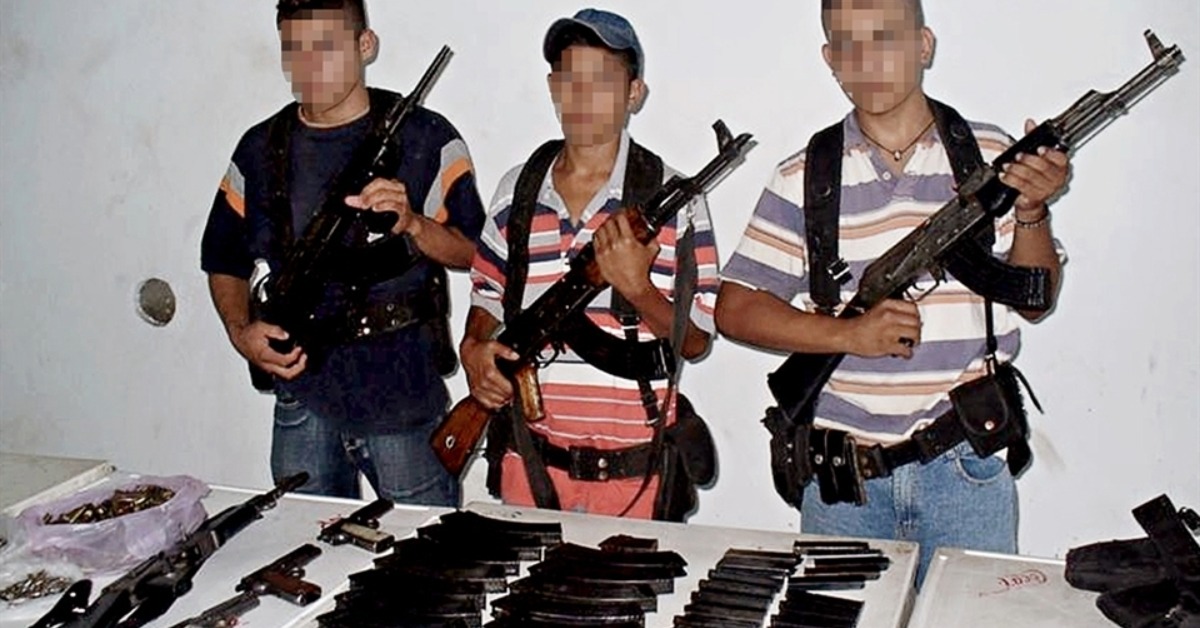When Andrés Manuel López Obrador takes office as Mexico’s president in December, his biggest challenge will be to stanch the escalating problem of criminal violence. Last year, there were a record-breaking 25,339 murders in Mexico. Armed criminal groups and militias undermine security, particularly in the areas where the illegal drug trade dominates the economy. Local people, alienated from the state, face extortion and abuse but often still look to vigilante groups and criminal organizations for protection. López Obrador has promised to turn Mexico’s security situation . . .






